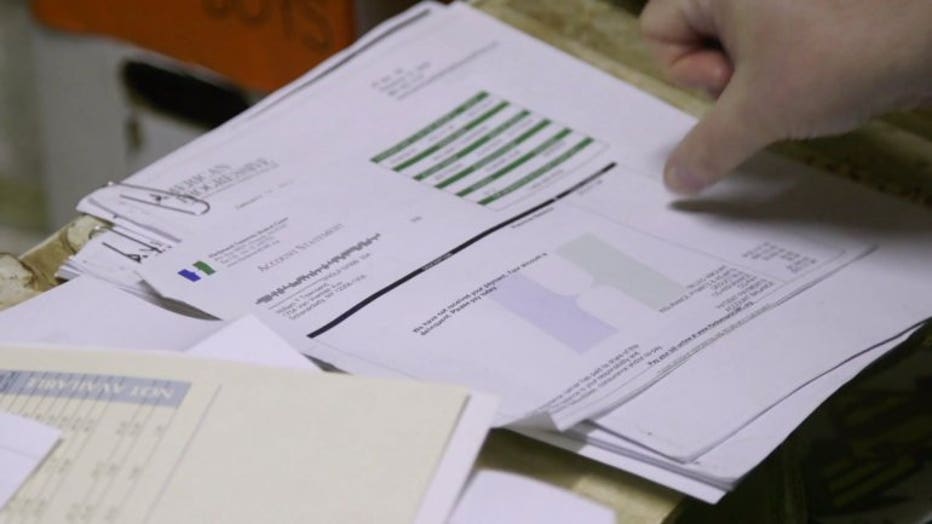What medical debt does to your credit score
More than one-quarter of Americans with health insurance have received a surprise medical bill, according to a new survey from Consumer Reports. Those healthcare charges can have big consequences because medical bills can drag down your credit score. Consumer Reports has some important information to help you protect your finances.

New rules may help. The three big credit agencies –– Equifax, Experian, and TransUnion –– are now required to wait one-hundred-eighty days before putting an unpaid medical bill on a credit report. So if you’re disputing a claim, let the hospital or doctor’s office know you need more time to sort things out.
If your insurance company ultimately pays a bill, it has to be taken off your credit report. If the bad debt doesn’t disappear, you’re going to have to follow up with your healthcare provider to get proof of payment, and you might have to insist that the debt is removed from your credit report.
If you need help resolving medical billing problems, an organization called the Patient Advocate Foundation can be a good resource. Start at their website, PatientAdvocate.org. Consumer Reports also cautions against plunking down potentially high-interest-rate credit cards to pay medical bills. Many healthcare providers offer installment plans to help you make payments with little or no interest.

All Consumer Reports material Copyright 2018 Consumer Reports, Inc. ALL RIGHTS RESERVED. Consumer Reports is a not-for-profit organization which accepts no advertising. It has no commercial relationship with any advertiser or sponsor on this site. For more information visit consumerreports.org.

